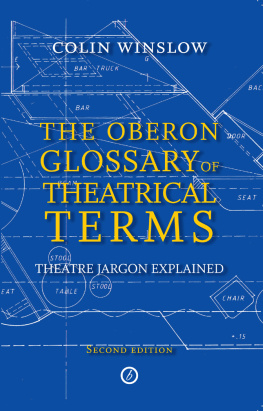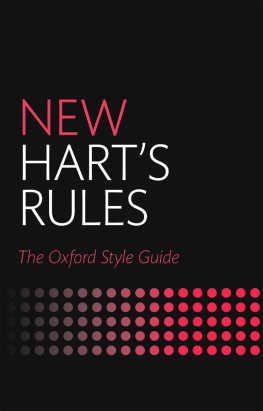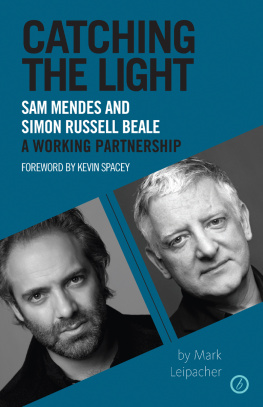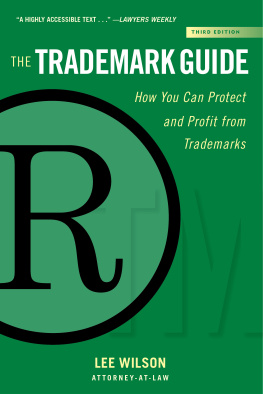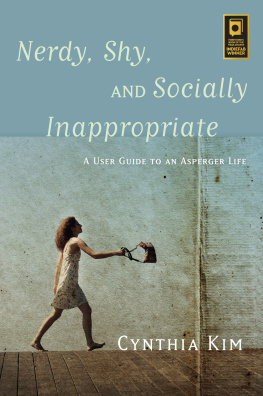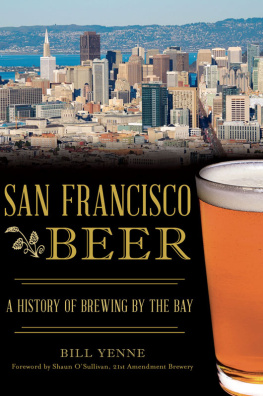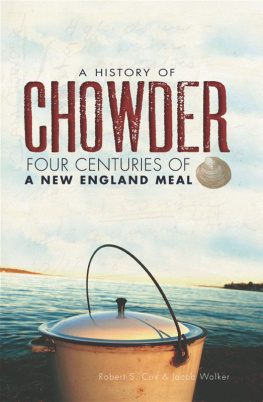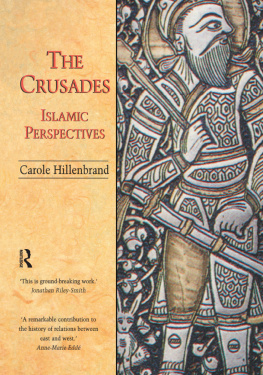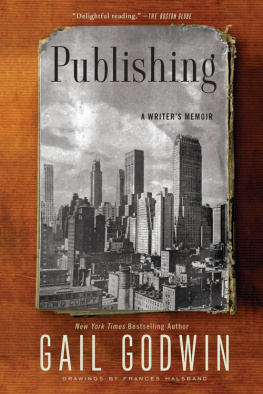First published in 1991 by Oberon Books Ltd
521 Caledonian Road, London N7 9RH
Tel: 020 7607 3637 / Fax: 020 7607 3629
e-mail: info@oberonbooks.com
www.oberonbooks.com
Second edition (revised), 2011
Electronic edition published in 2012
Copyright Colin Winslow 1991, 2011
Colin Winslow is hereby identified as author of this work in accordance with section 77 of the Copyright, Designs and Patents Act 1988. The author has asserted his moral rights.
You may not copy, store, distribute, transmit, reproduce or otherwise make available this publication (or any part of it) in any form, or binding or by any means (print, electronic, digital, optical, mechanical, photocopying, recording or otherwise), without the prior written permission of the publisher. Any person who does any unauthorized act in relation to this publication may be liable to criminal prosecution and civil claims for damages.
A catalogue record for this book is available from the British Library.
PB ISBN: 978-1-84943-091-3
E ISBN: 978-1-84943-710-3
Printed, bound and converted in Great Britain by CPI Group (UK) Ltd., Croydon, CR0 4YY.
Visit www.oberonbooks.com to read more about all our books and to buy them. You will also find features, author interviews and news of any author events, and you can sign up for e-newsletters so that youre always first to hear about our new releases.
For Robin, as ever.
Contents
EDITORS NOTE
On flicking through the pages of this glossary, it will quickly become apparent that my approach has been far from academic. There are a great many excellent books on aspects of the Drama as literature, and some define the terms they use in a glossary at the back, but the terms listed here are the words and phrases that theatre people use in everyday conversation with each other. Indeed, there is hardly a word in this book that I have not heard used in my own professional experience.
In my very first job, at the old Marlowe Theatre in Canterbury, I was frequently baffled by the language I heard around me, and the old hands I worked with then made little attempt to conceal their scorn over my lack of comprehension. However, just as when working in any foreign land, it is an advantage to learn the native language, I made a serious effort to pick up the jargon, and soon developed a particular interest in it, delighting in the more obscure, and occasionally bizarre, words and phrases I encountered. When, many years later, I began to teach, I found that students new to the theatre were just as baffled as I had been, so I began compiling vocabulary-lists to hand out in class. It was these lists that formed the basis for the original version of this Glossary.
Since the publication of the First Edition, I have inevitably discovered some omissions and inaccuracies, so I am delighted that Oberon Books has given me this opportunity to revisit my work, not only for revision and repair, but also to include many new terms introduced during the intervening years, mostly relating to the new technologies. I am particularly happy to see the original Foreword by Robert David MacDonald (now, sadly, no longer with us) reprinted here, supplemented by a new Foreword by my friend and colleague Murray Melvin.
At this point, it is customary for an author to list all those who have assisted in the production of his work, but here, I fear, it becomes a impossible task, for the list would have to include all my many theatre friends and colleagues indeed, everyone I have ever worked with all of whom, bytolerating my persistent questioning, and through many informal conversations, have greatly extended my knowledge of, and enthusiasm for, the language used in the corridors and coulisses of this remarkable profession. I am grateful and indebted to every single one of you.
Colin Winslow, Edmonton, Canada
FOREWORD TO THE SECOND EDITION
A very daunting assignment, I protested to Colin Winslow, to follow the erudite and witty foreword by Robert David MacDonald, with whom I had worked as an actor at Glasgows Citizens Theatre, but my protest was soon assuaged and I sat with blank paper to carry out my allotted task.
Re-reading Davids original I was struck by his mention of mysteries and their unambiguous exactness. It set my thoughts flying back to my youth in London, surrounded as I was in those days by Cockney rhyming slang. Then a small leap to my entry into the theatrical profession and the very camp Polari spoken by a certain section of that collegiality, which always had me in fits of laughter whenever a word or phrase was translated for me.
My memories made me realise, with a sadness, that it had been years since I had heard any of these particular secret mysteries that had most colourfully added to our spoken language. They have mostly gone now, replaced by the street-wise mysteries of our Caribbean and African younger generation who are helping to keep our tongue vibrant and ever-changing as it always has been.
Nevertheless, it is heartening to know that my own professions short cuts, for that is what in practical terms they represent, are a constant and still part of our special mystery. Ever more essential in todays restricted time mode. That the list is being expanded for the generations yet to come must be a relief to all concerned.
All power to Colin Winslows elbow.
Murray Melvin, Theatre Royal, Stratford-atte-Bow, London
FOREWORD TO THE FIRST EDITION
Oh, Lord! He will dissolve my mystery.
(Sheridan, The Rivals, Act V, sc iii)
Anyone who has ever had to call a plumber, let alone try to fathom a computer handbook, will be fatally familiar with the bewilderment of the outsider exposed to the shop-talk of professions other than his or her own. Indeed, there seem to be certain professions based, and depending, entirely on such mystification for their very continuance: accountancy, the law We have here a perfectly clear case of gibberish and double replevin, with manutectation in partibus et utero, have we not? Quite so, mlud. medicine, the building trade Youll need all your back-grulsing repanded ... (hissing intake of breath) ... Cost ya few bob, that will ... and how many of us really understand our insurance policies, or every word of a French menu Mouclade dAunis au pineau, embeurr de ptoncles Jules Verne sur son cataplasme de paloudes aux neiges dantan? I ask you!
Outlandish almost extra-planetary jargons, bandied between colleagues in a seemingly effortless desperanto, reduce the observer to an impotence only to be cured by reaching deeper into the pocket, or, failing that, by ignominious retreat into the murkier, more hopeless regions of DIY.
Art and mystery was, perhaps still is, a formula employed in indentures for apprenticeship to a trade: the old trade-guilds were called mysteries, and it is tempting, though alas inaccurate, to trace an etymological connection with the old mystery plays which, performed in cycles by the guilds, trundled through mediaeval cities on the wagons that were for centuries the actors home, in days before such books as the one you are holding became necessary. Mystery is still at the base of professional collegiality, and for two reasons: to stop penetration of the trade by non-union labour, and to ensure that terms used solely in the trade shall have an unambiguous exactness, referring to one article, function of operation only, with no overtones of everyday usage, a meaning as pure as the sound of a tuning fork. Ambiguity may be the lifeblood of imaginative literature, but it can play havoc when one wants things done in a hurry.

